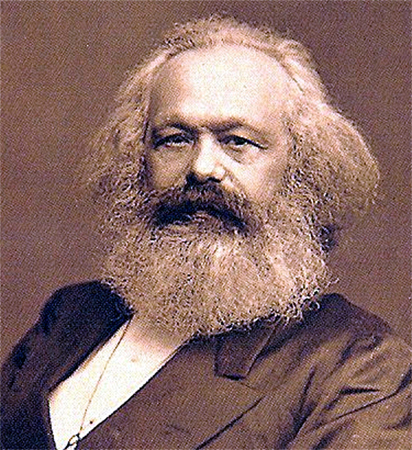| << Chapter < Page | Chapter >> Page > |
Comte named the scientific study of social patterns positivism . He described his philosophy in a series of books called The Course in Positive Philosophy (1830–1842) and A General View of Positivism (1848). He believed that using scientific methods to reveal the laws by which societies and individuals interact would usher in a new “positivist” age of history. While the field and its terminology have grown, sociologists still believe in the positive impact of their work.
Harriet Martineau was a writer who addressed a wide range of social science issues. She was an early observer of social practices, including economics, social class, religion, suicide, government, and women’s rights. Her writing career began in 1832 with a series of stories titled Illustrations of Political Economy , in which she tried to educate ordinary people about the principles of economics (Johnson 2003).
Martineau was the first to translate Comte’s writing from French to English and thereby introduced sociology to English-speaking scholars (Hill 1991). She is also credited with the first systematic methodological international comparisons of social institutions in two of her most famous sociological works: Society in America (1837) and Retrospect of Western Travel (1838). Martineau found the workings of capitalism at odds with the professed moral principles of people in the United States; she pointed out the faults with the free enterprise system in which workers were exploited and impoverished while business owners became wealthy. She further noted that the belief in all being created equal was inconsistent with the lack of women’s rights. Much like Mary Wollstonecraft, Martineau was often discounted in her own time by the male domination of academic sociology.

Karl Marx (1818–1883) was a German philosopher and economist. In 1848 he and Friedrich Engels (1820–1895) coauthored the Communist Manifesto . This book is one of the most influential political manuscripts in history. It also presents Marx's theory of society, which differed from what Comte proposed.
Marx rejected Comte's positivism. He believed that societies grew and changed as a result of the struggles of different social classes over the means of production. At the time he was developing his theories, the Industrial Revolution and the rise of capitalism led to great disparities in wealth between the owners of the factories and workers. Capitalism, an economic system characterized by private or corporate ownership of goods and the means to produce them, grew in many nations.
Marx predicted that inequalities of capitalism would become so extreme that workers would eventually revolt. This would lead to the collapse of capitalism, which would be replaced by communism. Communism is an economic system under which there is no private or corporate ownership: everything is owned communally and distributed as needed. Marx believed that communism was a more equitable system than capitalism.

Notification Switch
Would you like to follow the 'Introduction to sociology 2e' conversation and receive update notifications?